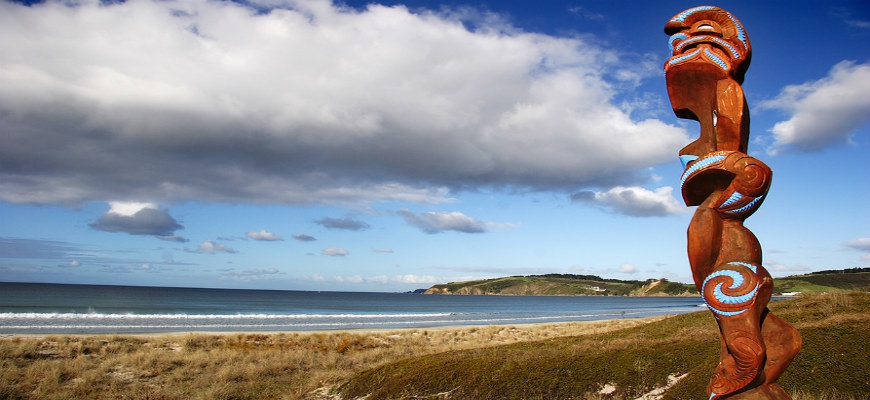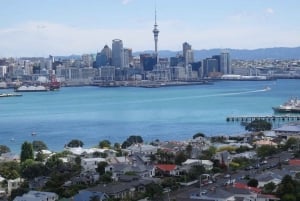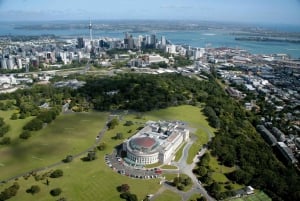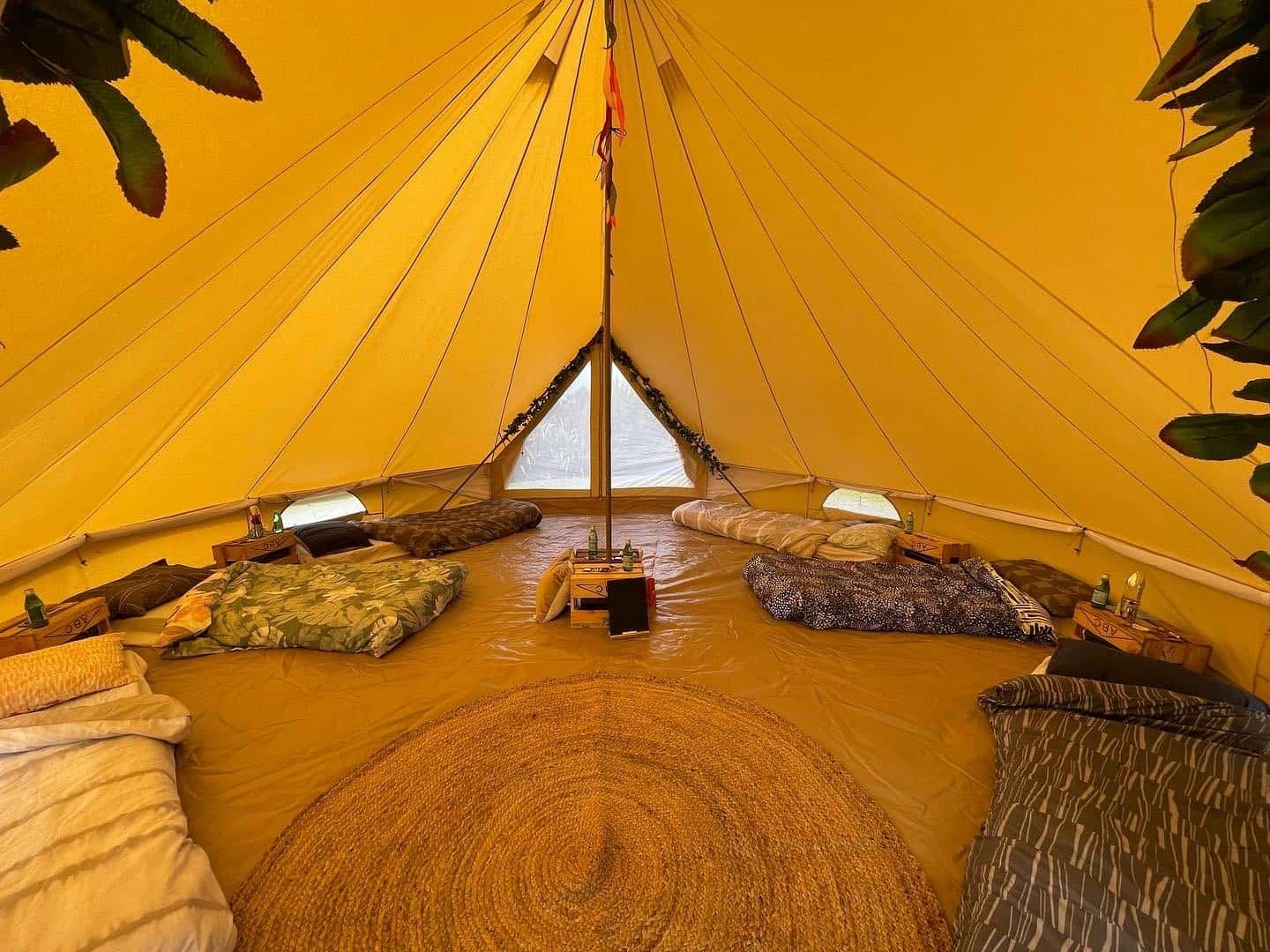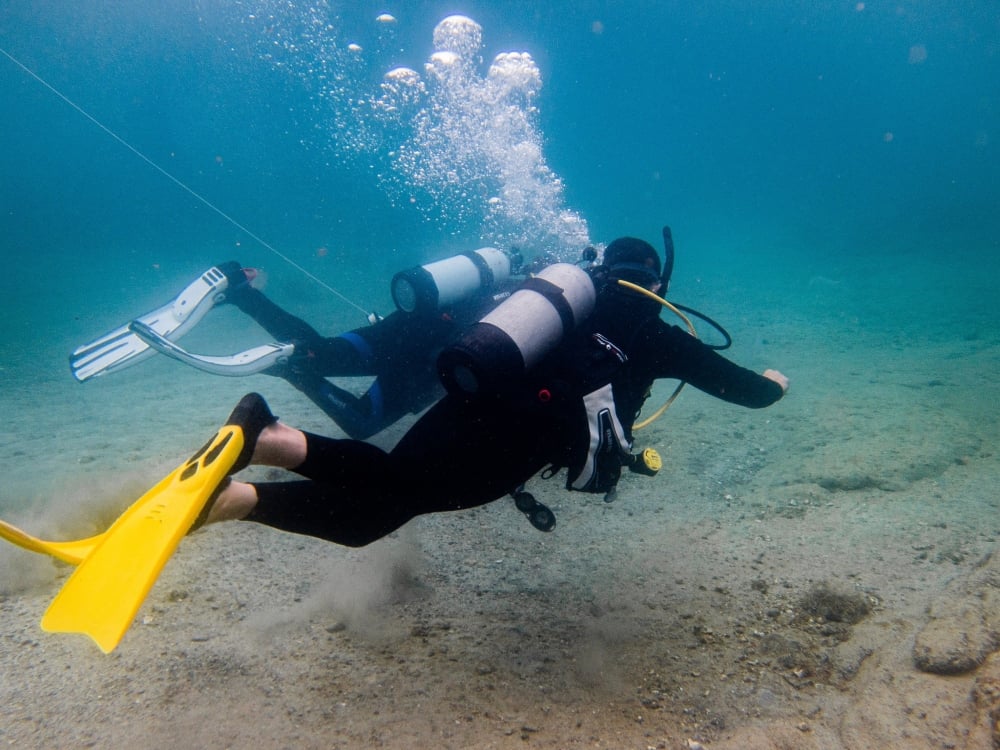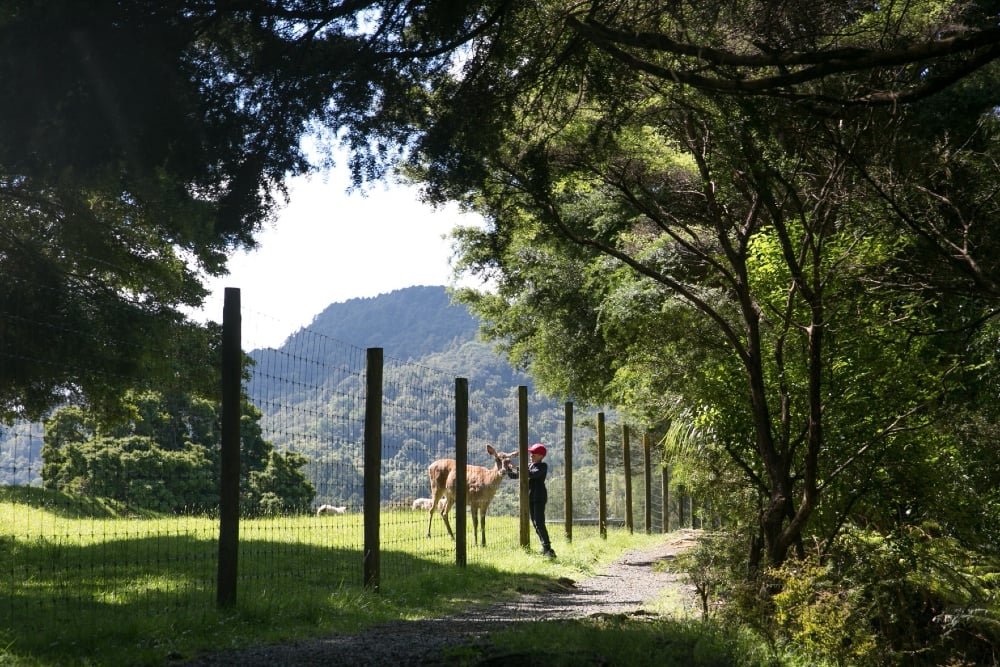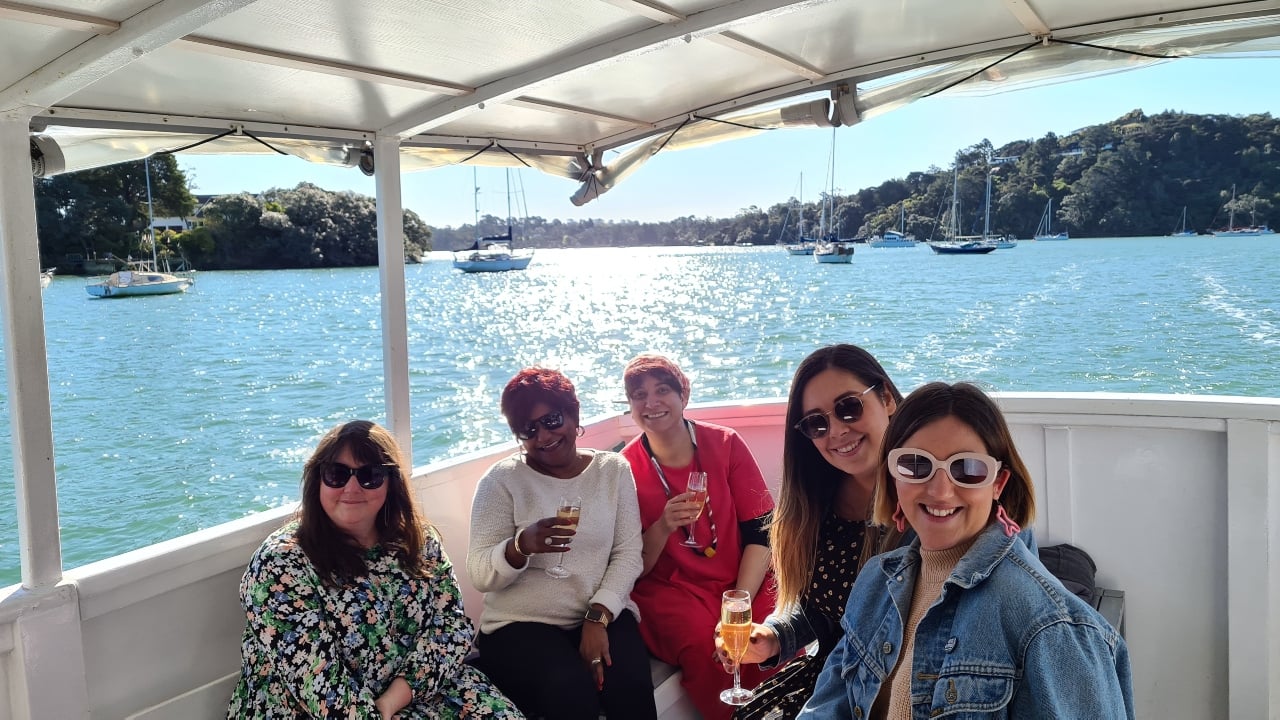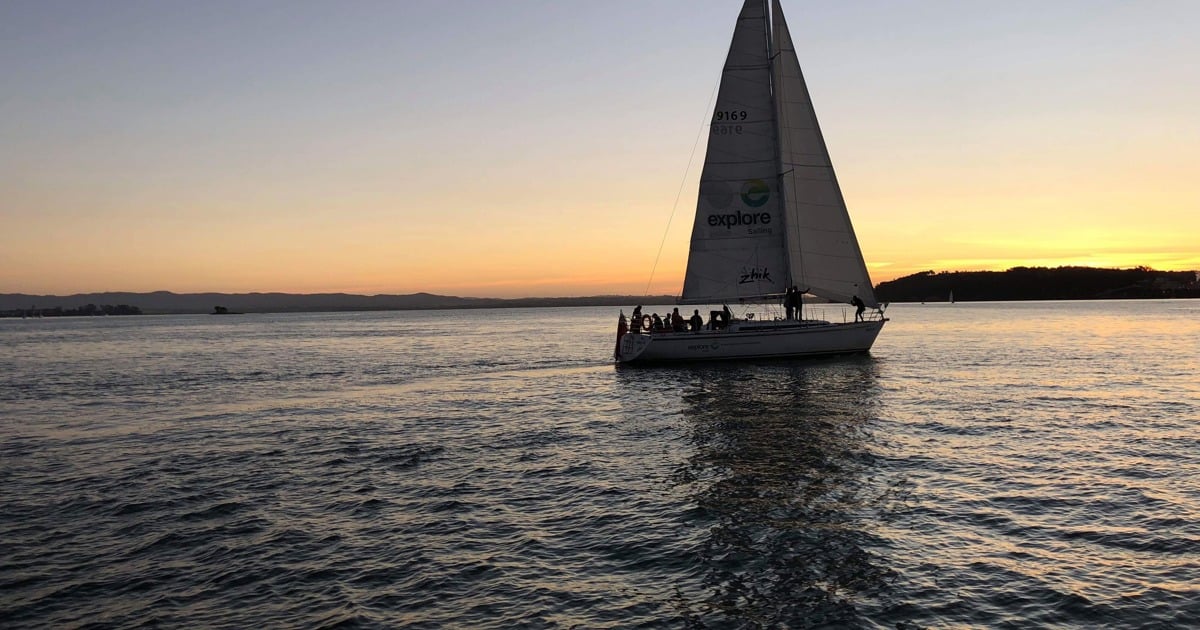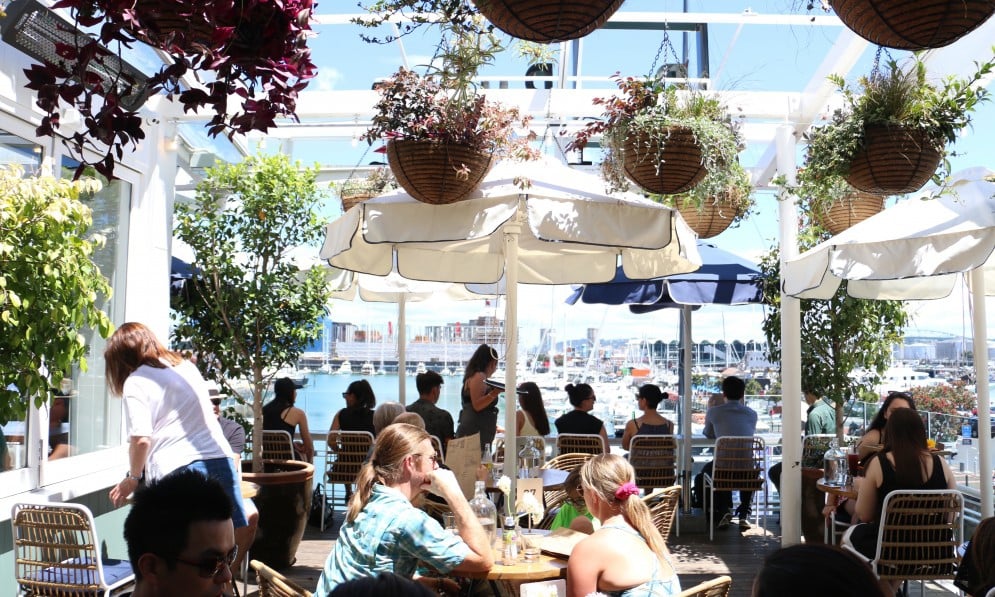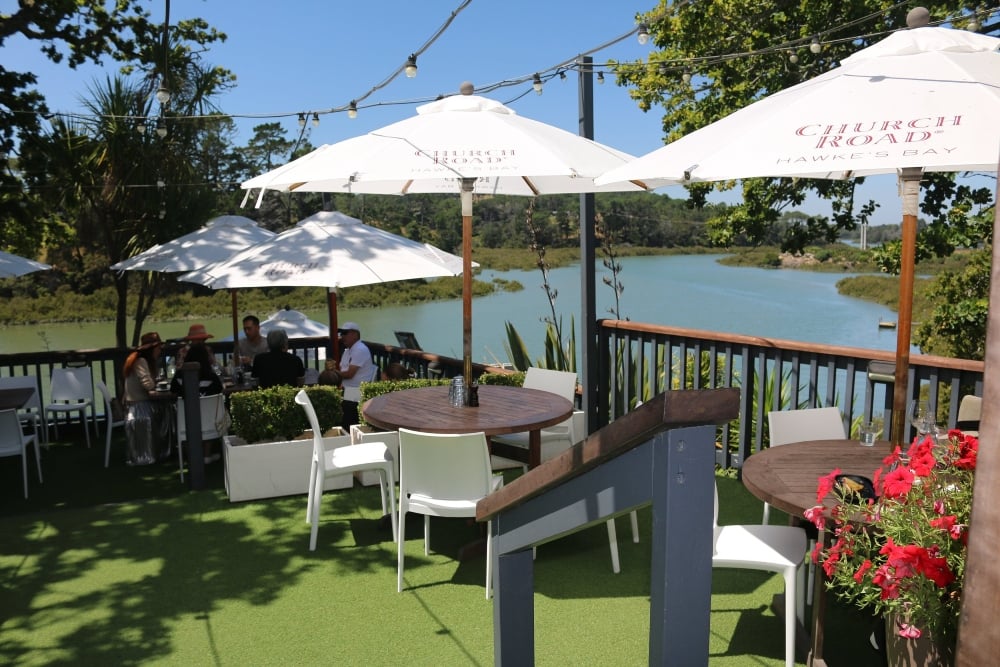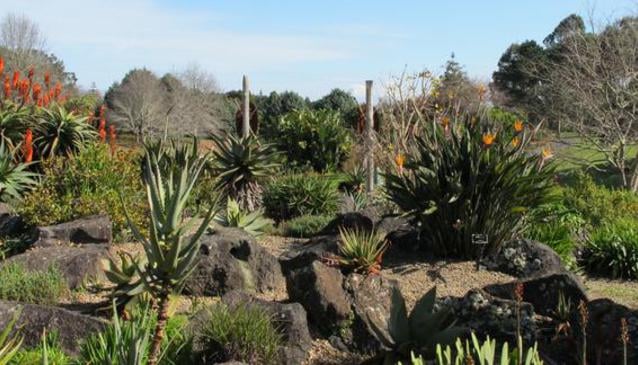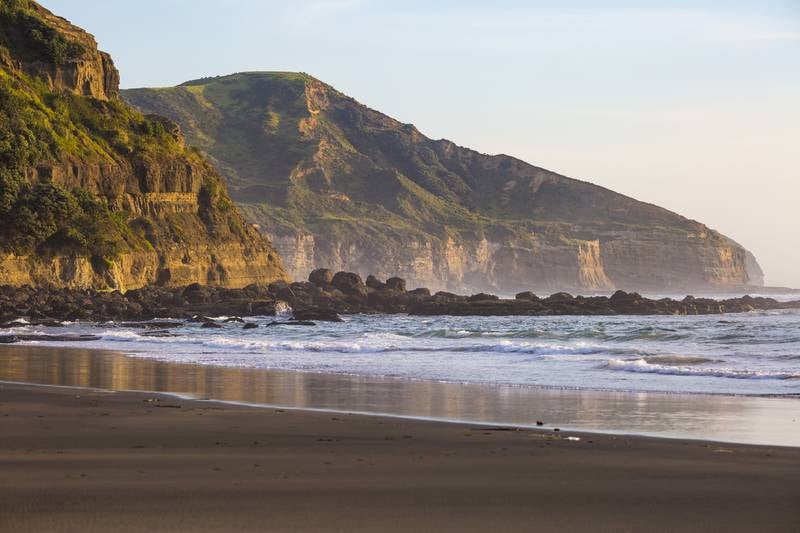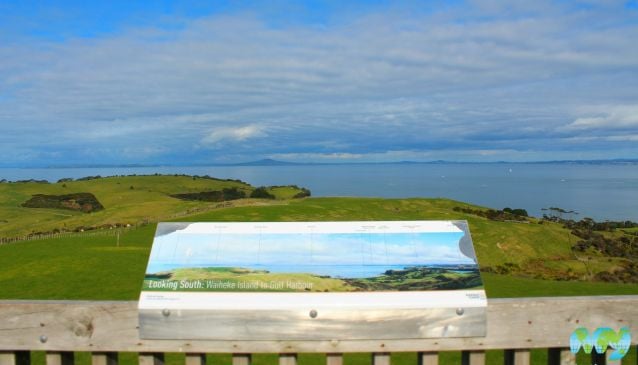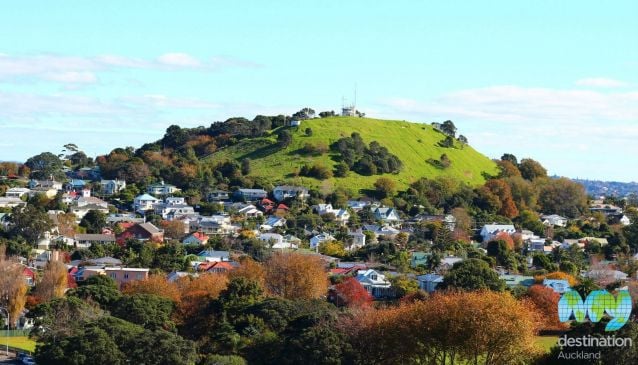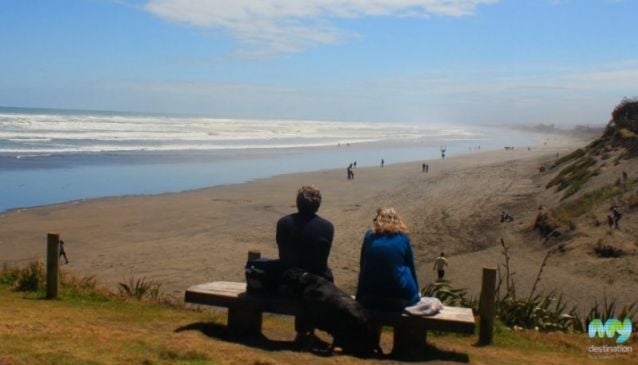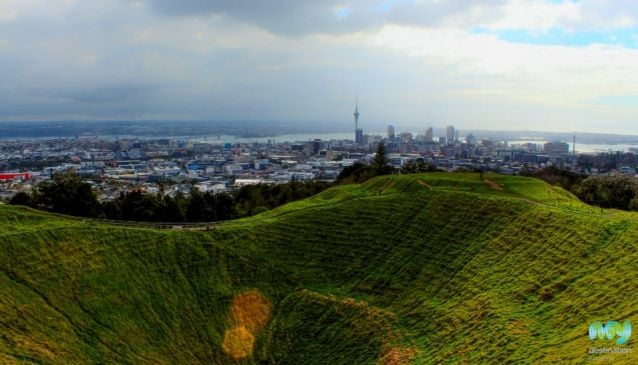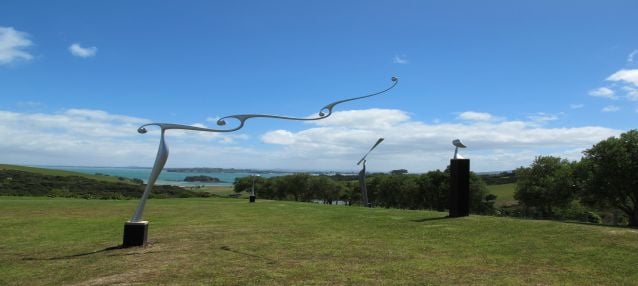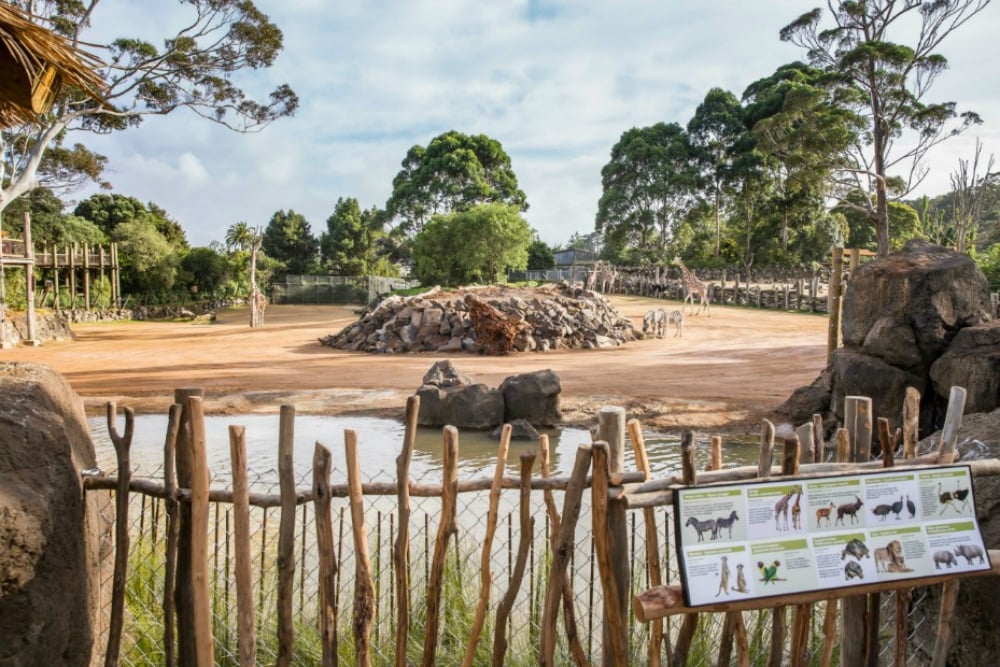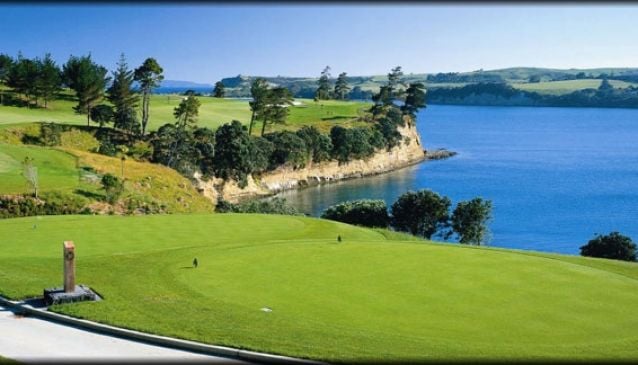New Zealand History
New Zealand has a shorter human history than any other country. The precise date of settlement is a matter of debate, but current understanding is that the first arrivals came from East Polynesia in the 13th century. It was not until 1642 that Europeans became aware the country existed.
The Maori
The Maori, a seafaring people, were most likely the first residents of the island, settling between 1000 and 1300 AD, with evidence to suggest the possibility of an even earlier arrival. The Maoris bestowed upon their new home the name 'Aotearoa', which translates as 'Land of the Long White Cloud'.
Expert sailors, the Maori supplemented their fishing with hunting and farming to ensure their survival. As Europeans began settling on the islands, the Maoris began trading with these new arrivals. Mindful of their relationship with the sea and its vital role in their survival, the Maoris traditionally offered up the day's first caught fish, throwing it back to the sea. This tradition of thanking the sea god for his gift is one that continues to this day.
The European Arrival
The first Europeans to arrive were the Dutch, who named the two Islands that make up the land, Nieuw Zeeland, after the Dutch province, Zeeland. The explorer Abel Tasman first came across the land in 1642, but this first visit led to much fighting between the Maoris and the Dutch. Perhaps inspired by his less-than-friendly welcome, Murderer's Bay was the name he gave to the spot where he first anchored.
Captain Cook Arrives
More than a hundred years later, the British explorer Captain James Cook circum-navigated and charted the main islands in 1769-70. Cook's group didn't fare any better than Abel Tasman's did; nine members of the ship's crew were killed and eaten by the Maori warriors.
By the late 1790s, the northern coast of the North Island teemed with traders and whaling ships, along with missionaries, all founding new settlements throughout the coastline. Trading between the Maoris and settlers allowed the settlers to enjoy the local produce, including fruit and pigs, while the Maoris became owners of the settlers muskets. Unfortunately, this led to infighting among many of tribes, resulting in a violent period in the country's past known as the Musket Wars.
Treaty of Waitangi
The unlawful conditions, the concerns of missionaries over friction with the Maori and pressure from Edward Gibbons Colonising Society pushed the British to sign the Treaty of Waitangi in 1840 with a number of Maori chiefs. However, as is often the case, not every tribe was happy, leading to another period of unrest known as the New Zealand Wars. The Treaty set out to protect the Maori and their resources, but alienated land well in to the 20th century. Maori leaders protests led to the Treaty's reconsideration in 1975. As a result, a Waitangi Tribunal was set up by parliament to consider Maori land claims,
Increasing Immigration
A year after the treaty was signed, New Zealand was officially recognised as a British colony, with the New Zealand Constitution Act established in 1852. The islands experienced an increased influx of immigrants, not just from the UK, but also from across many parts of Europe and the USA. The influence of English and Scottish immigrants is best reflected in the cities of Dunedin and .
The late 19th century also marked the beginning of immigrants coming from China to work in the thriving gold mining industry. New Zealand's independent spirit was born with the immigrants arriving in their new land, determined to succeed and make it their home.
New Zealand Independence
In 1907, New Zealand declared its independence from the UK. However, the country remained a part of the British Empire, providing support to the British troops in both world wars. A friendly relationship with the United States paved the way for the signing of the ANZUS treaty in 1951. This treaty guaranteed that New Zealand, Australia and America would help each other should a hostile enemy invade any of the nations.
Present Day
Although retaining strong links with Britain, today's New Zealand stands as an independent nation within the Commonwealth. The British Union Jack may be a part of the country's flag, and the Queen may appear on some banknotes, but the Kiwis still love nothing more than to beat England when they face each other on a rugby pitch and something they enjoy on a regular basis!


